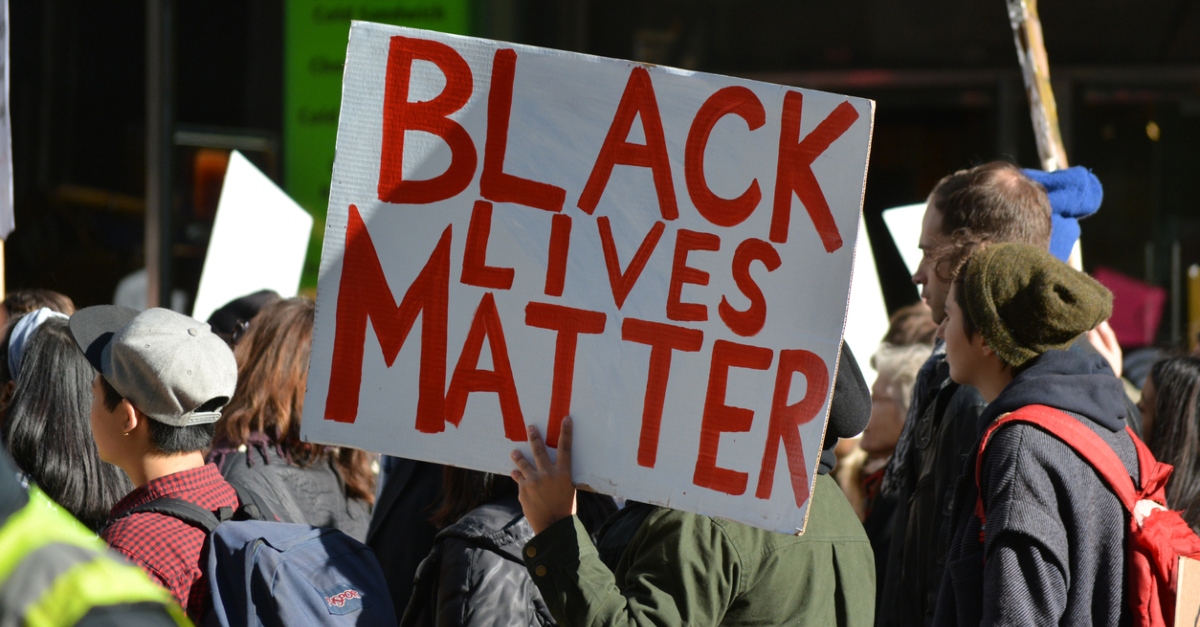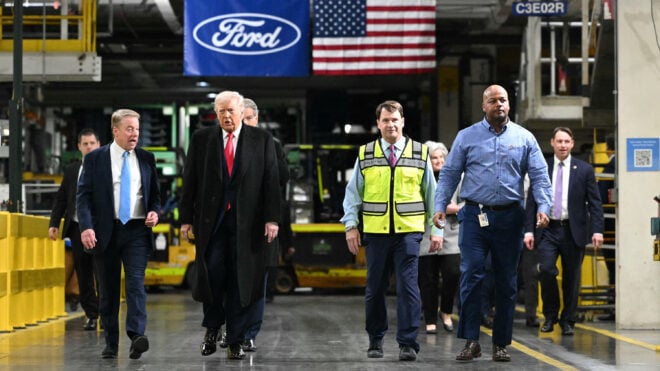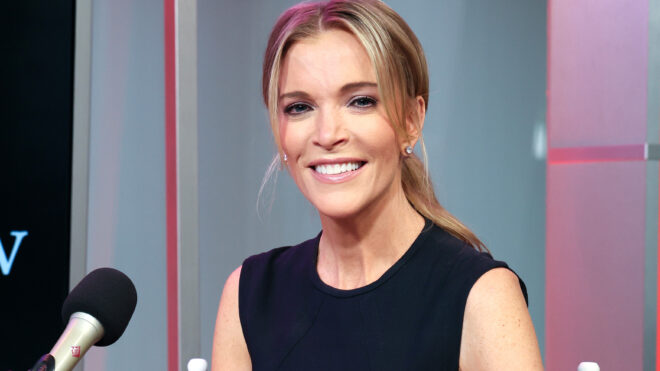
My kids and I were walking home after a trip to our favorite ice cream stand. With the thrill of anticipation gone and his belly full of ice cream, my 7-year-old son was more observant of his surroundings. "What does Black Lives Matter mean?" he asked. It seemed to come out of nowhere, but then I saw the sign on someone's front lawn. I was first proud of his reading skills — online learning wasn't his jam this spring — but I was also excited by his curiosity. We have always talked about race and have included diversity in our everyday lives. But there is a new layer of urgency and momentum that he is just now getting the sense of through signs on lawns and in windows. As a cisgender white male, my son has a lot to understand about his privileges, and he's not too young to start learning now.
My daughters were with us, and I wanted them to be part of the conversation, too. His twin sister is transgender, and his older sister, 9, is also white and cisgender. I got right to the point: I told them that because we were born with whiteness, we were born with privilege over our Black friends. I explained that in this case, our whiteness means many aspects of our lives are easier than the lives of our Black friends.
When he wanted to know why, I told him that America was built with systems to benefit white people by giving them opportunities that were not given to Black people. These systems keep whiteness in power while actively keeping power and opportunity away from Black people. That, I told my kids, was called systemic racism, and we need to work to make these systems more equitable.
I wondered if I had lost my kids, but they were surprisingly engaged. They wanted to know why America was built this way. I admittedly had a harder time explaining that in a way that would make sense while getting it right. I don't know that I actually can get it right. I'm not Black. I don't hold the views of my white ancestors, but I benefit from their horrible acts. I can learn and do better.
Since my kids are 7 and 9, I used a bully analogy. I told them that white people, specifically white men with money and power, bullied and hurt Black people to do work for them so they could keep their money and power. I told them that the bullies were allowed to do this for a long time, and in many ways white people are still hurting Black people because we are still using old systems made by the white bullies.
We all agreed that isn’t fair. We talked about how it's not just about accepting all people no matter their skin color, but we need to understand that some, if not all, of our Black friends don't feel safe and respected the same way we do while at school or on the playground. I explained that as their Black friends get older, it will be harder for them to do the same things we do, and we need to be upstanders to be sure everyone has the same opportunities to succeed.
Everyone should have the ability to learn, make money, have housing, and feel secure; our Black friends have to work harder for these things just because they are Black. I also explained that Black people are more likely to be considered suspicious or dangerous just because they are Black. And police officers sometimes make mistakes and accuse Black people of doing something wrong when they didn't. I told them we need to look around and question why this happens and call out people and systems that aren't fair. Then we need to do the work to make them fair, or at least try.
And because I was already deep in it with them, I told my son that since he is a white boy, he was born with even more power over his Black friends and people who identify as women, including his sisters. At first, he thought an easier life would be swell, but I asked him why he thought he should have an easier life over anyone else. He's 7 and can kind of be a punk, but he didn't really believe this. And I will be damned if he ever does.
The whole conversation lasted only about 15 minutes, but it was honest and necessary. We can't avoid tough conversations because that creates shame and a sense that something is wrong or it should be feared. We talk about race and biases because I am not raising colorblind kids. I want and need my kids to understand the layers of their privilege. Blacks Lives Matter means for too long too many white people have valued white lives over Black lives. The signs are reminding us that this needs to change.




